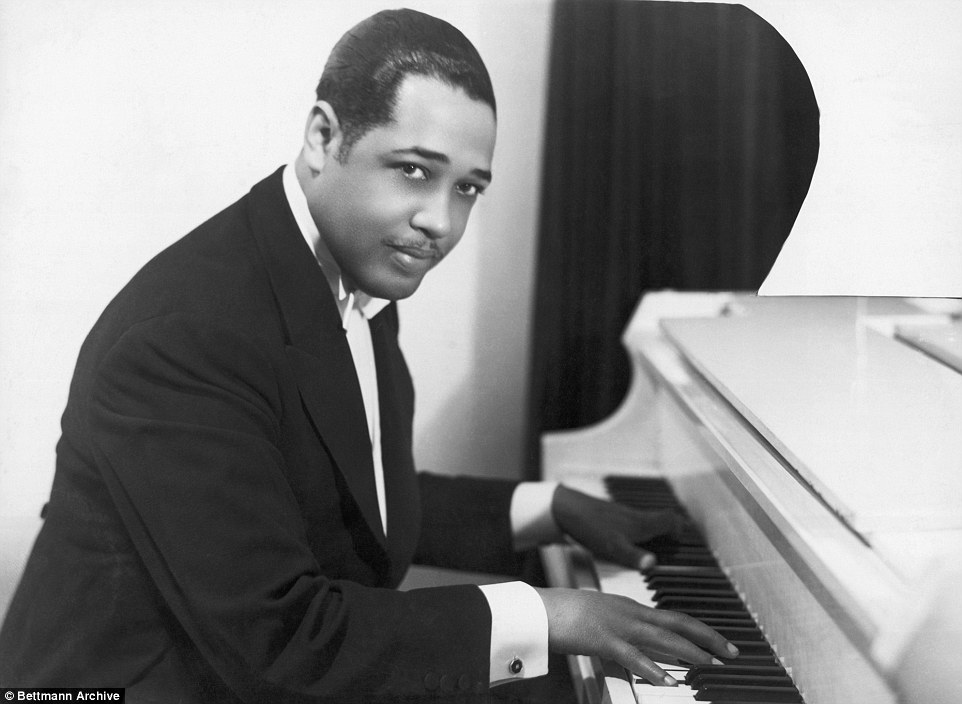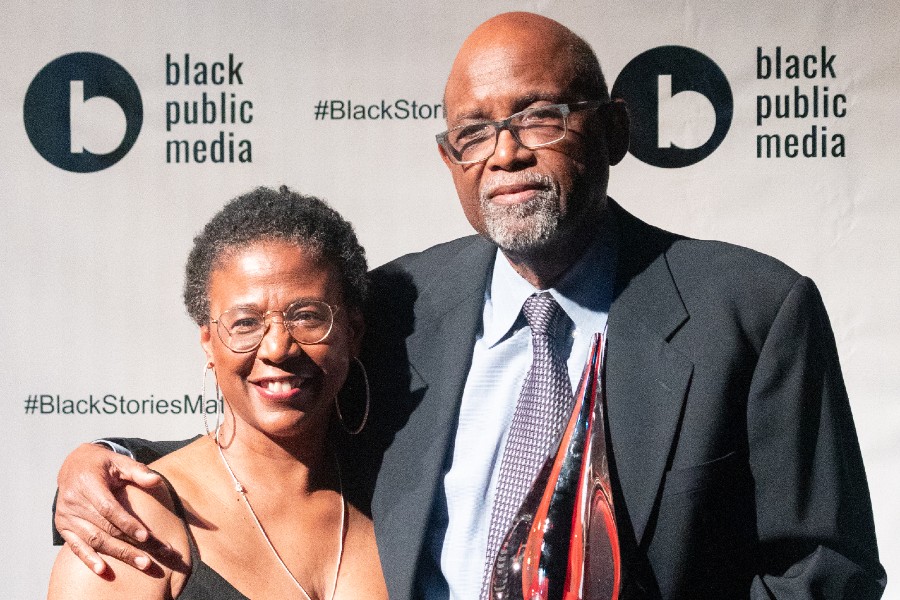 By Tom Taylor
By Tom Taylor
Duke Ellington was a living embodiment of the finer things in life.
His music was smooth as silk, as swinging as a sixties merry-go-round and glitzy as the annual glitter-maker awards dinner.This profound sense of style and taste even earned him his eponymous; he may well have been born Edward Ellington back on this day in 1899 but owing to his sartorial elegance his friends dubbed him ‘Duke’ and it didn’t take long to stick.
Now, as we all know, once a nickname is bestowed on someone at an early age there is a degree of having to live up to it: if there’s a kid in school called Crazy Bones then they’ll likely be the one to set the fire alarm off. Thus, being called the Duke for his grand demeanor not only prognosticated what was to come but it inspired him to live up to his highfalutin artistic ways. He developed a passion for fine arts at an early age and being the son of two musically gifted parents, in the middle-class suburbs of Washington D.C., certainly helped him pursue it.
He began playing the piano at the age of seven and devotion to the bounteous keys ensued that lasted a lifetime. His prodigious passion and understanding for the finer things in life landed him a scholarship offer from the Brooklyn Pratt Institute, but his heart was already set on music and the offer was turned down, much to the retrospective relief of the rest of the world.
At the age of 17, Duke Ellington began playing professionally and it didn’t take long before he became a bandleader with a residency at the all-white Cotton Club in Harlem. Although Ellington was the star of the show at this glamorous edifice of jazz music, he was only permitted entry to it via a sound door. Thus, Ellington quietly and graciously devoted his service to the NAACP in a bid to bolster the call for racial equality. This transfiguration of success into meaningful change was emblematic of the humbly defiant and benevolent figure he would cut in the music industry.
In 1932, he released what would essentially go on to be the central record of the great American swing craze, It Don’t Mean a Thing if It Ain’t Got That Swing. Together with his ten-piece ensemble and their collated unique sounds, he crafted a collage of cacophonous swing that was smooth enough to spread on toast but rollicking enough to stir honey into tea even if a cuppa was left in the foyer. The gruff growl of Joe Nanton’s trombone paired like a sweet mashed-up smoothy with the soaring wa-wa Bubber Miley’s trumpet. As a result, Ellington’s star began to reach lofty heights in the 1940s when masterworks including ‘Concerto for Cootie’ ‘Cotton Tail’ and ‘Take the A Train’ began to stir up dust from all corners of the dancefloor.
In the post-WWII era, the expense of big bands caused them to wane and singers or soloists took the spotlight. Ellington wasn’t set out for this for two main reasons; his signature sound was one of sonic drama, he lived by the walloping boon that music can throw down your throat when it’s really in full swing, and perhaps more importantly, he felt duty-bound to support the musicians that he had taken under his wing. Ellington had enough skill to cut the piano in half and still get a tune out of it to fill a concert hall and his ingenuity on the keys often lent a subtle complexity to his swinging big band movements, but he was a man who lived for the wall of sound and the camaraderie that it brought along. As the music historian Robert G. O’Meally puts it, “He knew, as a composer, he needed to hear his own music night after night.”
The ticket back to the big time came when the Duke Ellington Orchestra was invited to the Newport Folk Festival. It was a performance that reignited the public appetite for big band jazz and thus the brilliance of Ellington was crystalized in the celestial stratosphere.
 For his music and the way that it embodied a benevolent potential for change, he was awarded the Presidents Gold Medal from Lyndon B. Johnson, the Medal of Freedom from Richard Nixon and 13 Grammys to name but a few of his many accolades. Alongside Count Basie, Duke Ellington brought jazz to the masses in a maelstrom of sonic fun-loving energy complex enough to warrant a hat tip from the puritans and with it he stood as a humble and dignified force for societal change.
For his music and the way that it embodied a benevolent potential for change, he was awarded the Presidents Gold Medal from Lyndon B. Johnson, the Medal of Freedom from Richard Nixon and 13 Grammys to name but a few of his many accolades. Alongside Count Basie, Duke Ellington brought jazz to the masses in a maelstrom of sonic fun-loving energy complex enough to warrant a hat tip from the puritans and with it he stood as a humble and dignified force for societal change.
Tom Taylor is a #1 New York Times bestselling author and a multi-award-winning playwright and screenwriter. For DC Comics, Taylor is the writer of the long-running worldwide-bestselling Injustice series. For Marvel, he is currently the writer of Friendly Neighborhood Spider-Man and Star Wars: Age of Resistance, and has recently written the critically-acclaimed X-Men: Red, and writes for Far Out Magazine.
Photo credit: 1) Duke Ellington, 1990’s. 2) Duke Ellington 1920’s.
Become a Harlem Insider!
By submitting this form, you are consenting to receive marketing emails from: Harlem World Magazine, 2521 1/2 west 42nd street, Los Angeles, CA, 90008, https://www.harlemworldmagazine.com. You can revoke your consent to receive emails at any time by using the SafeUnsubscribe® link, found at the bottom of every email. Emails are serviced by Constant Contact








